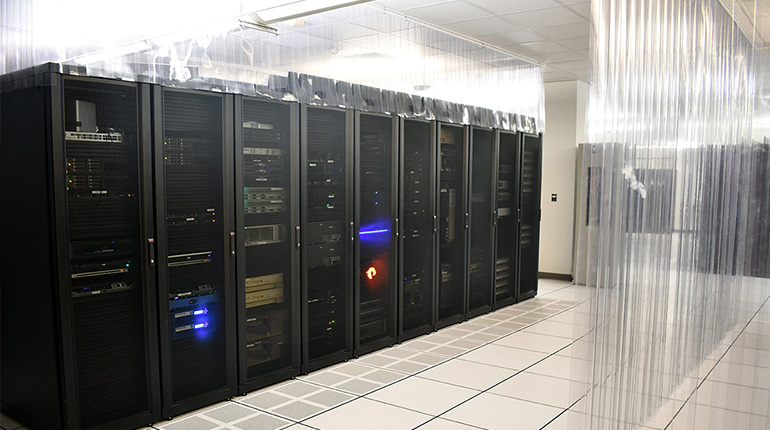If you are a business owner, then you know that keeping your data safe and secure is important. That is why colocation might be a helpful solution for you. But what is colocation, exactly?
Data center colocation is a type of hosting in which a business rents space in a data center to house its servers, telecommunications equipment, and other information technology (IT) infrastructure. Colocation can provide businesses with numerous benefits over self-hosting, such as reduced downtime and improved security. In this blog post, we will take a closer look at how data center colocation works and the benefits it can offer businesses.
How Data Center Colocation Works
In data center colocation, businesses rent space from a data center provider to house their servers and other IT infrastructure. The data center provider is responsible for maintaining the facility and ensuring that it is secure, reliable, and connected to the necessary power and cooling infrastructure. The business owner is responsible for providing and maintaining their equipment.
Benefits of Data Center Colocation
1. Reduced Downtime
One of the biggest benefits of data center colocation is that it can help to reduce downtime. When you colocate your servers in a data center, the service provider houses them in a facility designed for uptime. This means that the data center will have backup power generators and other redundancies in place to keep your servers up and running in the event of an outage.
2. Improved Security
Another benefit of data center colocation is that it can offer improved security for your servers. When your business self-hosts its servers, you house the equipment in the office, which means that they are vulnerable to physical security threats like theft and vandalism. When you colocate your servers in a data center, the provider will house them in a facility designed for security, with features like locked cabinets, biometric security, and 24/7 monitoring.
3. Cost Savings
Data center colocation can also offer cost savings over self-hosting. When your business self-hosts its servers, you are responsible for the cost of maintaining the facility and ensuring that it connects to the necessary power and cooling infrastructure. However, when you colocate your servers in a data center, the data center provider is responsible for these costs. This can lead to significant savings for businesses.
4. Scalability
Data center colocation can also offer scalability for businesses. When your business self-hosts its servers, your office or facility limits the amount of physical space available. However, when you colocate your servers in a data center, you can scale up or down as needed without having to worry about the physical space. This can be a great option for businesses that are growing or experiencing fluctuating demands.
5. Risk management
Data center colocation can help businesses to manage risk. When your business self-hosts its servers, you are the only one responsible for them. This means that if something goes wrong, you are the only one who can fix it. However, when you colocate your servers in a data center, the data center provider is also responsible for them. This can help to reduce the risk for businesses.
6. Expertise
When you colocate your servers in a data center, you will have access to the expertise of the data center staff. This can be beneficial if you do not have in-house IT staff or if you need help with troubleshooting or other issues.
Choosing a Data Center Colocation Service Provider
Here are 7 considerations you should keep in mind when choosing a data center colocation service provider:
1. Location
You will need to choose a data center that is in an area that is convenient for you. This means that you will need to consider the location of your business and the location of your customers.
2. Connectivity
You should choose a data center that offers the connectivity options that you need. This means that you will need to consider the type of internet connection that you need and the type of network infrastructure that you need.
3. Power
You should select a data center that can provide the power requirements that you have. This means that you will need to consider the type and amount of power that you require.
4. Cooling
You will need to choose a data center that can provide the cooling requirements that you have. This means that you will need to consider the type of cooling that you need and the amount of cooling that you need.
5. Security
You must choose a data center that can provide the security requirements that you have. This means that you must consider the type and level of security that you need.
6. Support
You should select a data center that can provide the support that you require. This means that you will need to consider the type and level of support that you need.
7. Pricing
You will need to choose a data center that offers pricing that fits your organization’s budget. This means that you will need to consider the type and level of pricing with which you are comfortable.
Conclusion
Data center colocation can offer many benefits to businesses, including reduced downtime, improved security, cost savings, scalability, and expertise. If you’re looking for a reliable, secure, and cost-effective data center colocation solution, SMS Datacenter can help. Our team has years of experience in the industry and can provide you with expert advice and support to make sure your business runs smoothly. Contact us today to learn more about our services!

